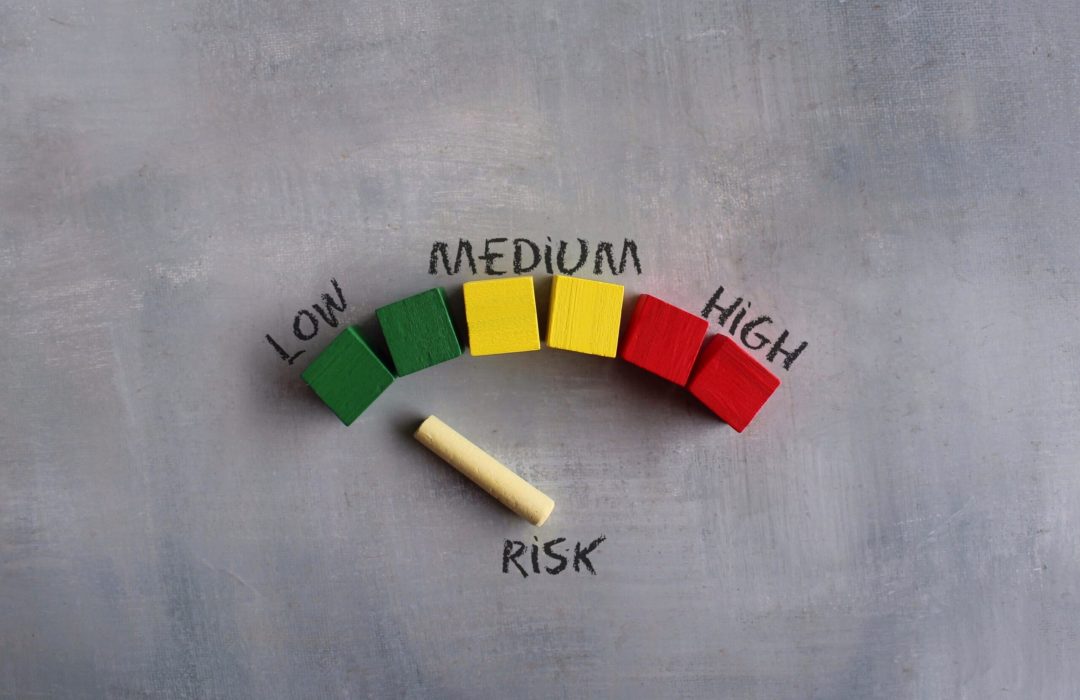About Our Medical Device Testing
In the highly regulated medical industry, medical devices and related software must be reliable and safe. TestPros tests to make sure you comply with ISO 13485, IEC 62304, as well as regulations of authorities such as the FDA. We guarantee the products you deliver meet compliance, safety, cybersecurity, and efficacy requirements. Our medical device software testing expedites your product’s time to market, allowing you to launch with confidence knowing that every aspect of your device has been rigorously tested and validated.
Overview:
- Comprehensive Testing: Our professional test engineers provide testing services for all types of medical devices. We scrutinize your software requirements in detail and devise custom test plans to ensure that you will be compliant with functional and regulatory requirements. We apply risk management strategies and use advanced testing tools to obtain reliable and quality-driven testing results.
- Industry-Leading Regulatory Compliance: We ensure that your software not only meets but exceeds industry regulations, including IEC 62304 and ISO 13485. Our services are designed to provide peace of mind by thoroughly testing your medical device software for compliance, reducing the risk of regulatory delays or rejections.
- End to End Verification & Validation: We handle the entire verification and validation process, from initial requirement assessments to final testing. Our end-to-end approach ensures that every component of your medical device software is verified for accuracy and validated for performance, meeting the highest standards of quality.
- Specialized Testing Methods: Our team utilizes a range of specialized testing techniques, from manual exploratory testing to advanced automated testing. We tailor our testing methodologies to the specific requirements of your device, ensuring that every aspect of the software is evaluated comprehensively.
We Are Here To Assist You
By submitting this form, you consent to TestPros, Inc. storing and processing your information to provide the requested services and communications. Privacy Policy
Certified &
Independent
Our Testing Process
1
Initial Consultation and Custom Test Plan Development
We begin with an in-depth consultation to understand the unique needs and regulatory obligations of your software. From this consultation, a test plan is developed that outlines specific testing strategies, tools, and processes tailored to your medical device software.
2
Rigorous Risk Assessment & Prioritization
This process involves rigorous risk assessment for software vulnerabilities. We prioritize testing efforts based on risk levels, ensuring that high-risk areas receive focused attention to mitigate any potential issues early in the development cycle.
3
Execution of Test Cases
We design and execute comprehensive test cases that cover all aspects of your software: functional and non-functional. This includes system, security, and performance testing to guarantee your software behaves dependably under all possible conditions.
4
Automated & Manual Testing
To enhance testing efficiency and thoroughness, we integrate both automated and manual testing into our process. Automated testing allows us to perform repetitive and complex test cases quickly and accurately, while manual testing is employed for exploratory testing and scenarios where human judgment is crucial.
5
Detailed Verification and Validation Procedures
We perform thorough verification and validation procedures to ensure that your software meets all requirements specified. We make sure every single aspect of your software is validated well enough to ensure it is ready for regulatory submission and release into the market.
6
Detailed Reporting & Improvements
After completing the testing process, we provide a detailed report that outlines all findings, including any identified issues and recommended solutions. We also offer remediation, ongoing support and continuous improvement services to help you maintain the quality and compliance of your software throughout its lifecycle.
Trusted Clients






Key Benefits of Our Services

Achieve Compliance
Ensure that your software complies with international standards like IEC 62304 and ISO 13485, which are crucial for regulatory approval. By adhering to these standards, we help you minimize the risk of non-compliance, which could lead to costly delays or recalls.

Risk Management
Our approach to testing includes a robust risk management process that identifies and addresses potential vulnerabilities early in the development cycle. This proactive strategy helps you avoid the high costs associated with software failures and ensures that your medical device operates safely and effectively.

Faster Time To Market
Our streamlined testing process allows us to identify and resolve issues more quickly, reducing overall development time. This gives you a competitive edge and allows you to capitalize on market opportunities sooner. By minimizing delays, we help you meet tight deadlines and get your product into the hands of users as quickly as possible.

Increased Reliability
Reliability is a cornerstone of medical device software. Through our comprehensive verification and validation process, we ensure that your software performs consistently under all expected conditions. This reliability reduces the likelihood of malfunctions in the field, which could otherwise lead to device recalls or, worse, patient harm.

Cost Effective Testing Solutions
Automated testing reduces the time and resources required for repetitive tasks, while manual testing ensures that all unique aspects of your software are thoroughly evaluated. This approach not only controls costs but also delivers high-quality results, making it a smart investment in your product’s success.

Expert Driven Testing Process
Our team of experienced test engineers brings deep industry knowledge and technical expertise to every project. They are well-versed in the latest testing tools and methodologies, ensuring that your medical device software testing is conducted with precision and care.
Frequently Asked Questions
What is medical device software testing, and why is it important?
Medical device software testing is the process of evaluating the software that operates or controls medical devices to ensure it functions correctly, safely, and in compliance with regulatory standards. This testing is crucial because it helps to prevent software errors that could lead to device malfunction, putting patient safety at risk. By thoroughly testing the software, we can identify and fix issues before the device reaches the market, ensuring that it meets all necessary regulations and performs reliably in real-world scenarios.
What is the timeline for completing a project?
The timeline for completing a medical device software testing project can vary depending on the complexity of the software, the scope of testing required, and any specific regulatory requirements. Typically, the process can range from several weeks to a few months. We provide an estimated timeline after the initial requirements analysis, and we work closely with you to ensure that the testing process fits within your development schedule, allowing for timely submission to regulatory bodies.
What is device testing in software?
Device testing in software refers to the process of evaluating the software components that are integrated into hardware devices, such as medical devices, to ensure they operate correctly and safely. This type of testing assesses the interaction between the software and the physical hardware, checking that the software controls the device as intended and meets all functional and safety requirements. It is a critical step in ensuring that the overall device functions properly in its intended environment.
What is software testing in healthcare?
Software testing in healthcare involves the systematic evaluation of software applications used in the healthcare sector, including those in medical devices, electronic health records (EHR), medical billing systems, telemedicine platforms, and clinical decision support systems. The goal of healthcare software testing is to ensure that the software is reliable, secure, and compliant with healthcare regulations. This testing is essential to safeguard patient data, ensure the accuracy of medical diagnoses and treatments, and maintain the overall safety and effectiveness of healthcare operations.
How much does testing cost?
The cost of medical device software testing depends on several factors, including the size and complexity of the software, the depth of testing required, and any specialized services needed. We offer customized pricing based on your specific needs, and we provide a detailed quote after an initial consultation. While the upfront cost of testing may vary, it’s an essential investment to ensure your product meets regulatory standards and avoids costly delays or recalls.
What are the ISO standards for medical devices testing?
The ISO standards for medical devices testing primarily include ISO 13485 and ISO 14971. ISO 13485 outlines the requirements for a quality management system specific to the medical device industry, ensuring consistent design, development, and production of medical devices. ISO 14971 focuses on risk management, guiding manufacturers on how to identify, evaluate, and control risks associated with medical devices. Additionally, IEC 62304 is a key standard that specifies life cycle requirements for the development of medical device software, ensuring that the software is safe and reliable.
What testing is required for medical devices?
Medical devices undergo several types of testing to ensure they are safe and effective. These include:
- Functional Testing: Ensures that the device operates as intended.
- Performance Testing: Assesses how the device performs under various conditions.
- Security Testing: Ensures the device is protected against unauthorized access and data breaches.
- Usability Testing: Checks that the device is user-friendly and can be operated safely by intended users.
- Verification and Validation Testing: Confirms that the device meets design specifications and regulatory requirements before it is approved for market release.
What is the performance testing of medical device software?
What Challenges
Are You Facing?





